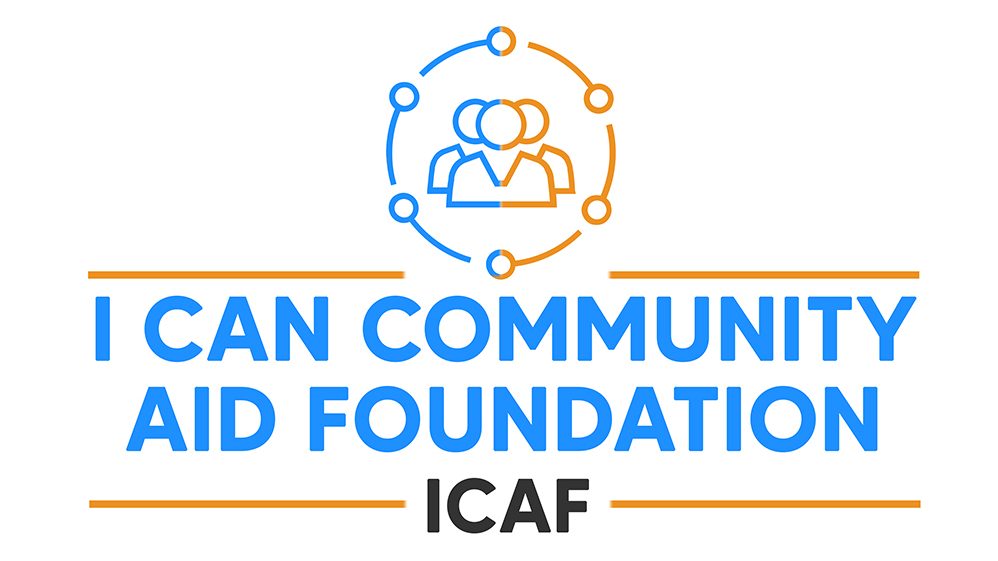Our Focus
Inclusive Health
The intensive medical rehabilitative care offered is through mobilization of children with disabilities for reconstructive surgeries, plastic surgeries, pre and post-operative management, physiotherapy, occupational therapy, specialized clinics (psychiatry orthopedic, speech/language therapy and neurologic clinics), counseling and nutrition. The children with chronic diseases are identified referred or linked to the specialized care for proper management. Home Based Care approach is used to help the children, together with the health care providers, parents and community.
Inclusive Education
ICAF recognizes that quality education is every child’s right. Inclusive education creates a platform for the needs of children with disabilities to be identified and addressed accordingly. ICAF supports children with disabilities to access inclusive education. The children are supported with with school fees and scholastic materials. We have awareness rising campaigns aimed at creating awareness about child hood disability and Children’s rights to reduce stigma and negative attitudes towards disability among societies. The orphans and children with chronic disease who are educationally disadvantages are given the opportunities to access quality education as their basic right.
Inclusive Livelihood
Economic participation of youngsters with disabilities is an important element in supporting vulnerable groups for sustainability. Even though the right to work is laid down in the UN Convention on the Rights for Persons with Disabilities, it is estimated that in some countries up to 80 per cent of all persons with disabilities are unemployed. ICAF sustainable livelihood as an important and inevitable aspect of disability-inclusive development.
Social inclusion
People can face exclusion on multiple levels, based on their gender, age, ethnicity, disability, class, orientation etc. However, some people face discrimination for different reasons simultaneously. For example, girls living with disabilities face triple exclusion: age, gender and impairment. Effective advocacy strategies to address such complex forms of social exclusion are rooted in an understanding of what drives exclusion. For advocacy strategies to be more inclusive, an intersectional approach provides insight in how to respond to the specific needs of a diversity of identities.ICAF sustainable livelihood as an important and inevitable aspect of disability-inclusive development.
